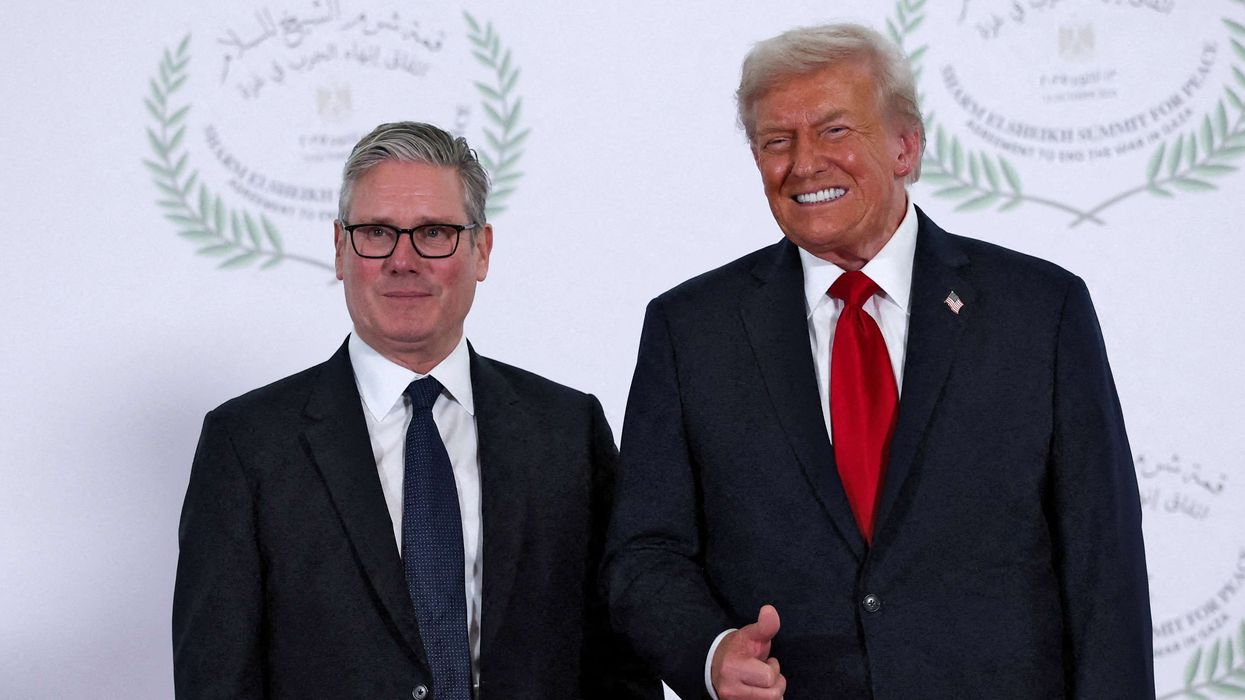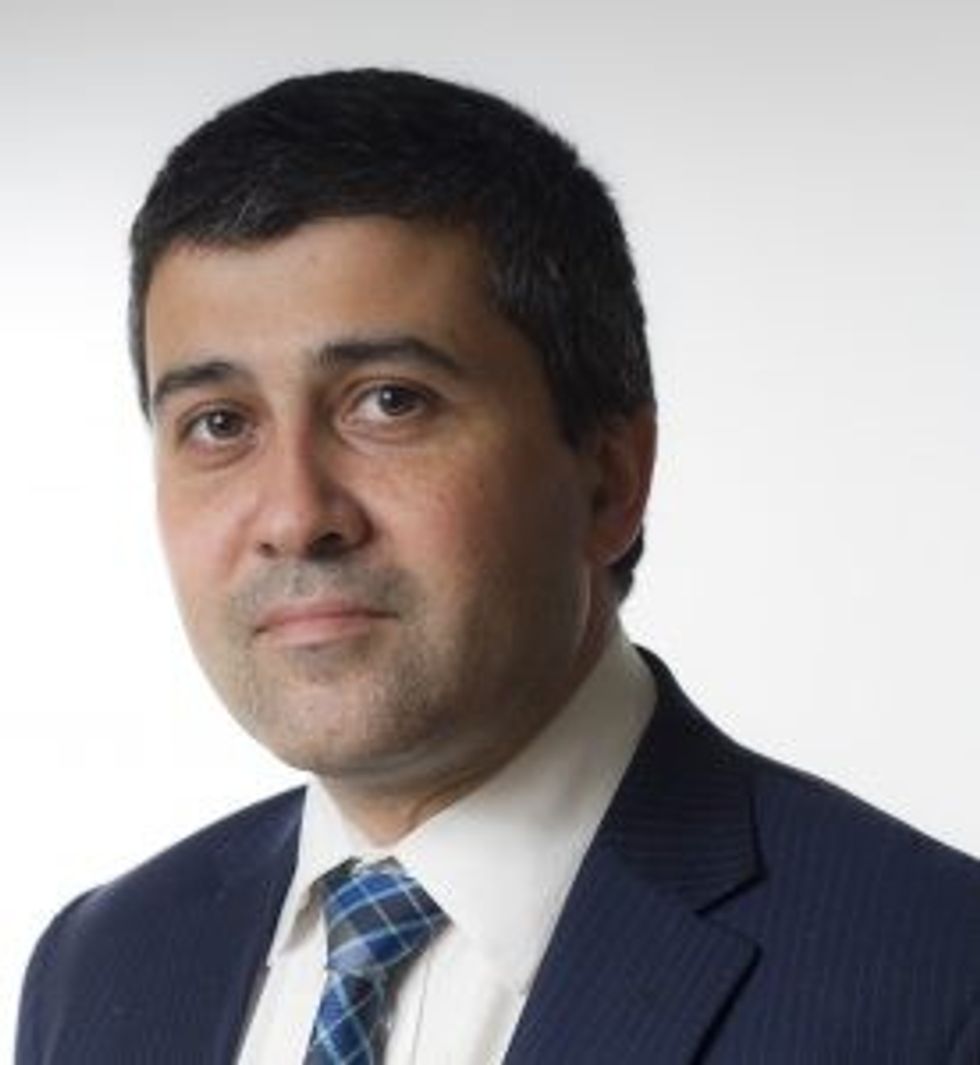By Sunder Katwala
Director, British Future thinktankTHE immigration bill currently before parliament is the biggest change in British immigration policy for 40 years, though it has had a much lower profile than it would have done in usual times.
The bill was carried comfortably – the second reading majority of 351 votes to 252 last week reflecting this government’s confidence it can get its legislation through parliament.
Yet, within three days, there have been two government u-turns on immigration policy. The first saw the government extend its policy of unconditional leave to remain for the families of NHS workers who have died of Covid-19, accepting that this should apply not just to doctors and nurses, but also to cleaners and porters, and to care workers outside the NHS too.
The second saw an overnight change on the NHS surcharge – an additional fee for all time-limited visas from outside the EU – scrapping this charge for NHS and care workers.
Prime minister Boris Johnson defended the policy against questioning from Labour leader Keir Starmer, as necessary to raise resources, but changed his mind overnight. It was no coincidence that the change of policy came late on a Thursday afternoon, a few hours before the ninth weekly round of applause for NHS and care workers.
This was a clear example of how this new weekly ritual, in which about half of the population of the country have participated, adds to political and media pressure on a government for policy change.
Surveys showed majority support for scrapping the surcharge for health workers, but support for the policy in principle. Yet most people would never have heard of the NHS surcharge before this argument to scrap it.
Though government and opposition politicians are constantly devising policies designed to reassure the public, it was striking how few participants in British Future’s National Conversation on Immigration had heard of them. The intuition that migrants should pay into public services like the NHS is a popular one, reflecting the contributory view of public services. The counter that migrants already do this, by paying their taxes, is less well known. Though the evidence is that migrants make a ‘net contribution’ to the public finances, most people find the meaning of such terms rather abstract.
The government will try to limit the exemption to NHS and care workers. Campaigners might ask it to show its workings – as to why the extra payment is fair, given the taxes paid. The fairness case might also be communicated more effectively if NHS staff advocate alongside others – for example, a nurse who is relieved at no longer having to pay the extra fee asking why it is fair for a primary school teacher to do so.
The debate took place in a mostly virtual parliament, so that MPs spoke in turn without the usual interventions and exchanges, making it easier for the parties to talk past each other. The Conservatives emphasised the end of free movement, as what the voters wanted. Labour MPs spoke about the increased awareness of so-called “low-skilled” workers. The SNP argued that Scotland’s views and needs were different.
Tory backbenchers mostly spoke about the new rules being fairer and more welcoming to migrants from outside the EU, rather than talking about reducing immigration significantly.
The latest quarterly figures showed rising non-EU migration while EU net migration has fallen, though future policy will be made in a very different post-pandemic economic context.
Both government u-turns illustrate the type of “winning coalition” that might persuade a Conservative majority government to change its mind. Opposition parties can give an issue profile, but there needs to be significant pressure from its own backbenchers. The government is sensitive to media pressure, especially when it reflects shifting public attitudes on immigration.
The immigration bill debate highlighted a number of other issues where coalitions of “unusual allies” might coalesce to make policy changes possible in this parliament. Former immigration minister Caroline Nokes spoke for a new approach to social care in devising the new system. David Davis, a supporter of ending free movement, is seeking cross-party support for ending indefinite detention, with a time-limit and proper judicial oversight. Alberto Costa called for a review of citizenship policy, including the highest citizenship fees in the world. And Yvette Cooper, chair of the Home Affairs Committee, drew some flak on social media for saying that she would abstain on the bill, so as to seek to broker consensus on constructive amendments.
During this reset moment for Britain’s immigration system, influencing policy outcomes will depend on efforts to bridge the different political tribes.












